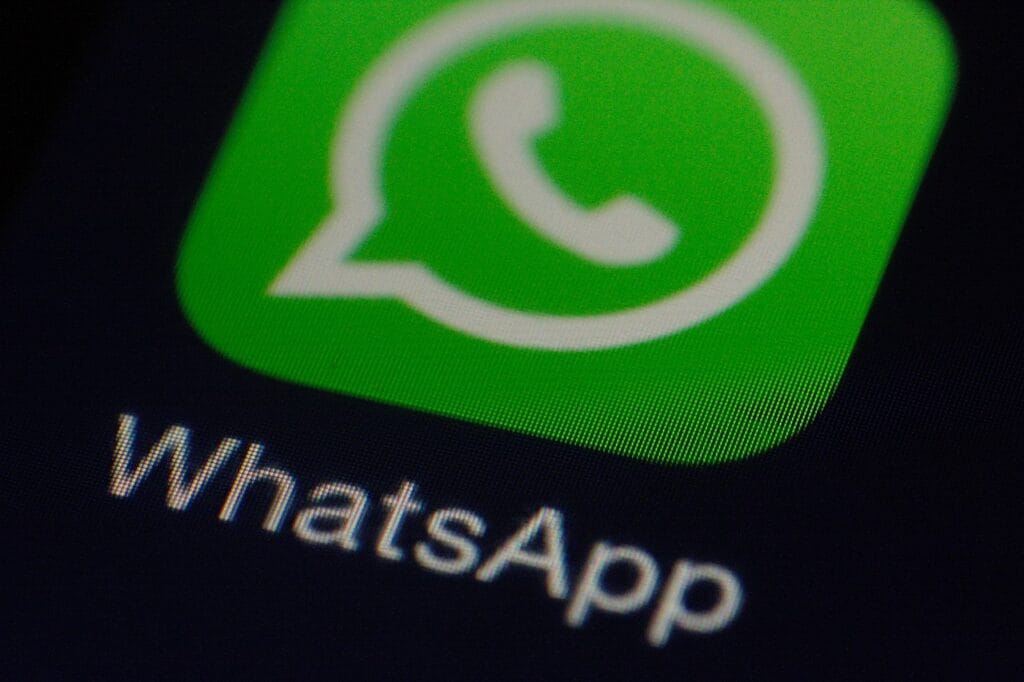The abundance of information available online nowadays, both false and true, makes it difficult for consumers to choose trustworthy content. The likelihood of becoming a victim of frauds, false information, and phishing attempts has increased due to the millions of links that are posted every day on different platforms. WhatsApp has integrated Google link verification in an effort to improve user safety in response to this growing problem. We will examine the operation, advantages, and ramifications of this tool for both users and enterprises in this blog.

Understanding the Need for Link Verification
Our communication has changed dramatically as a result of social media’s and messaging platforms’ explosive expansion. These platforms have facilitated information sharing, but they have also developed into hubs for malevolent activity. Phishing links frequently pose as genuine URLs in an attempt to trick unsuspecting users into visiting infected websites. These links are designed to steal personal information or install malware.
Phishing attacks have significantly increased, according to a new research from the Cybersecurity and Infrastructure Security Agency (CISA), with an estimated 1 in 5 users clicking on phishing URLs. This concerning figure emphasises the need for strong systems to confirm the legitimacy of shared links, especially in settings like messaging apps where users may be more gullible.
WhatsApp’s Approach to Link Verification
The integration of WhatsApp with Google for link verification represents a major advancement in protecting consumers from possible security risks. Users can use this function to compare the results of Google’s search engine with links provided within the app. This is how it operates:
- Link Sharing: When someone sends a link on WhatsApp, the software detects it automatically and asks the sender to confirm the link.
- 2. Google Search Integration: WhatsApp sends the link to Google for examination as soon as the verification procedure is started. After that, Google verifies the link’s authenticity by comparing it to its enormous database of indexed websites.
- User Feedback: Following Google’s analysis of the link, WhatsApp notifies the user of whether the connection seems safe, potentially hazardous, or lacking enough information to make a determination.
Benefits of Link Verification
- Enhanced User Safety: Users’ greater safety is the most obvious benefit of WhatsApp’s link verification feature. Users can avoid clicking on potentially harmful websites that could result in data breaches or financial loss by cross-referencing URLs with Google’s vast database.
- Increased Awareness: Also, this function encourages users to cultivate an awareness-based culture. WhatsApp encourages users to evaluate links critically in order to improve their online behaviour. They become more aware and circumspect, which lessens the possibility that they may fall for con games.
- Trust in Communication: The link verification tool on WhatsApp is a great way for brands and enterprises to build customer trust when communicating with customers. Knowing that they are less likely to come across hazardous content when interacting with brands that share links through verified channels, customers might feel more comfortable.
- Combating Misinformation: Verifying links can be very important in the fight against false information. In a time where false information spreads quickly, giving consumers the means to check the reliability of sources can enable them to distinguish between reliable and fraudulent information. This is in line with more general initiatives to enhance critical thinking and digital literacy.
Implications for Businesses
Knowing the ramifications of link verification is crucial for companies who use WhatsApp as a communication medium. These are some important things to remember:
- Reputation Management: Companies that post links need to make sure their patrons are taken to reputable and secure websites. When link verification is implemented, any dubious links have the potential to damage a brand’s reputation. Therefore, companies ought to verify that all of the links in their shared material are reliable on a regular basis.
- Clear Communication: In their consumer communications, businesses ought to be open and honest about the connections they provide. Contextualising the links—explaining to the user why they should click on them or what information they might anticipate—can promote user engagement and assist build trust.
- Adaptation to User Concerns: Businesses need to modify their strategy as people grow more conscious of the risks connected to links they click on the internet. Customer trust and loyalty can be increased by offering assurances regarding link safety, such as by using HTTPS and linking to material that has been verified.

Future Prospects
WhatsApp’s wider plan to improve user security includes more steps than merely integrating Google link verification. The instruments available to counteract digital risks must also change as they do. Here are a few prospective advancements we could anticipate in the future:
- Enhanced AI Tools: As artificial intelligence develops, we can witness increasingly complex algorithms that can identify harmful links instantly and notify people even more quickly.
- Collaboration with Other Platforms: WhatsApp may work with other platforms and cybersecurity companies to enhance its verification features, so enhancing its overall protection against online dangers.
- User Education Initiatives: In addition to technology developments, user education campaigns about safe online conduct could help lower the risks connected to shared links even more.
Lastly, The incorporation of Google link verification into WhatsApp signifies a noteworthy progression in terms of user security and digital knowledge. WhatsApp enables users to confirm the links they come across, which improves security and cultivates a user base that is better informed. Businesses must adjust their strategy to preserve credibility and trust as a result of this trait, which offers both benefits and problems.
Tools like WhatsApp’s link verification will be essential in protecting users and encouraging appropriate online behaviour as we navigate an ever-more complex digital ecosystem. All parties involved must adopt these technologies if we are to build a more secure and reliable online community.
